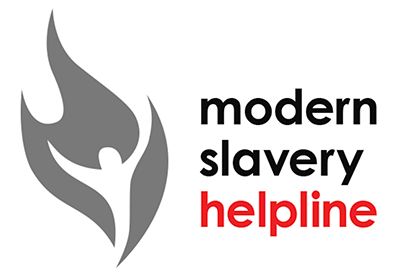Modern slavery and human trafficking
Modern slavery and human trafficking is happening every day across the United Kingdom, affecting thousands of men, women and children.
NHS England publishes its annual Modern Slavery Human Trafficking statement NHS England modern slavery and human trafficking statement.
This is further explained below:
There are many forms of slavery and trafficking including sexual exploitation, domestic servitude, criminal exploitation including county lines and forced labour. Industries that commonly exploit for labour include agriculture, warehouse and distribution, manufacturing and food.
Whilst the NHS has no ‘duty’ to notify in terms of potential victims, there is a clear duty to safeguard and referrals are being made to other agencies to facilitate this process.
What clinicians/practitioners should do if they suspect trafficking or modern slavery
You can call the Modern Slavery Helpline on: 08000 121 700
The Helpline has trained Advisors who can help you by providing advice and sign posting you to a First Responder agency.
More information is available from the Modern Slavery Helpline website.

If you suspect someone is being trafficked or is a potential victim of Modern Slavery, contact a First Responder, such as the police (on 111) or local authority. If you, or someone you know is in immediate danger, you should call 999 and ask for police.
You can also call the Salvation Army’s confidential and anonymous referral helpline on 0800 808 3733 – available 365 days a year, 24/7 with interpretation services where needed.
Further reading and resources
Modern Slavery Act 2015: Statutory guidance for England and Wales (2020)
RCN Pocket Guide on Modern Slavery and Trafficking (updated December 2021)
The Home Office has child-trafficking specific training and training for First Responders. Home Office e-learning
See also theSkills for Care Training Framework for Modern Slavery and Human Trafficking (launched in September 2020).